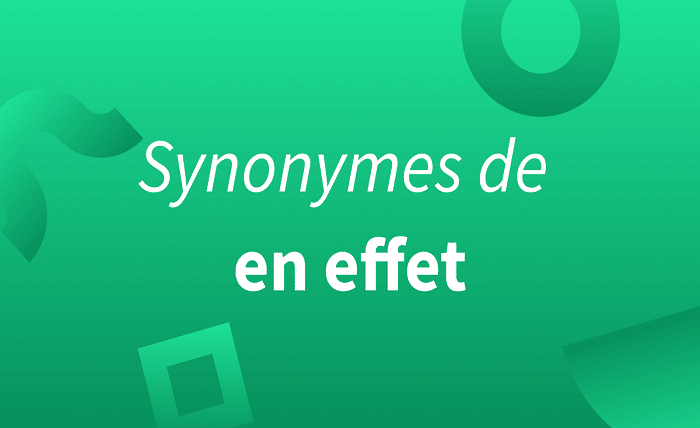Effectively Using En effet in French

Introduction
“En effet” is a versatile phrase in the French language that often confuses learners due to its subtlety and varied usage. Understanding how to use “en effet” correctly can significantly enhance your fluency and comprehension. This blog post delves into the different contexts and meanings of “en effet,” ensuring you grasp its usage thoroughly.
The Literal Meaning of “En effet”
“En effet” translates to “indeed” or “in fact” in English. It is used to confirm or provide evidence for a previous statement. For example, if someone states a fact, you can respond with “en effet” to agree and add further information.
En effet in Affirmative Responses
When used in affirmative responses, “en effet” serves to reinforce the truth of a statement. For instance, if someone says, “Le livre est très intéressant,” you might reply, “En effet, il a reçu de très bonnes critiques,” confirming and elaborating on the original assertion.
Clarifying Statements with “En effet”
“En effet” can clarify or explain a previous statement, making it an excellent tool for elaboration. If you say, “Il a quitté son travail,” you can follow with, “En effet, il n’était pas satisfait de son poste,” to provide a reason or clarification for the action.
Contrasting “En effet” with “Effectivement”
While “en effet” and “effectivement” might seem similar, they have distinct uses. “En effet” confirms or explains, whereas “effectivement” means “actually” or “really.” Understanding this difference ensures precise communication.
Common Mistakes with “En effet”
A frequent mistake is using “en effet” when “effectivement” is more appropriate. For example, saying “en effet” to mean “yes” or “exactly” is incorrect. Instead, use “effectivement” in such contexts to avoid confusion.
Using “En effet” in Written French
In written French, “en effet” is often used to introduce explanations or arguments. For instance, an essay might start a paragraph with “En effet, selon les statistiques,” to present data supporting a claim. This usage enhances the logical flow of writing.
Examples of “En effet” in Conversation
To master “en effet,” observe its use in conversations. For instance, a dialogue might go:
- Person A: “Il paraît que tu as déménagé.”
- Person B: “En effet, j’ai trouvé un appartement plus grand.”
Formal vs. Informal Use of “En effet”
“En effet” is more formal and commonly used in written or formal spoken French. In informal contexts, phrases like “c’est ça” or “effectivement” might be more appropriate. Recognizing the formality helps in choosing the right phrase for the right context.
The Historical Origin of “En effet”
Understanding the origin of “en effet” can provide deeper insight into its usage. Historically, it stems from Latin, emphasizing the cause-and-effect relationship, which is still evident in its current usage.
Teaching “En effet” to French Learners
When teaching “en effet,” it’s essential to provide context and examples. Role-playing exercises where students use “en effet” to confirm or clarify statements can be particularly effective. This approach helps learners internalize its correct usage.
Practice Exercises for “En effet”
To solidify understanding, practice exercises are beneficial. Create sentences where learners must decide whether to use “en effet” or another confirming phrase. For example:
- “Il a réussi son examen. ____, il a beaucoup étudié.”
Listening for “En effet” in French Media
Exposure to “en effet” in French media, such as movies, news, or podcasts, can reinforce learning. Listening to native speakers use “en effet” naturally helps in understanding its nuances and appropriate contexts.
Conclusion
Mastering “en effet” requires understanding its various uses and contexts. By incorporating it into your vocabulary, you can enhance both your spoken and written French, making your communication more effective and nuanced.
FAQs
1. What does “en effet” mean? “En effet” means “indeed” or “in fact,” and is used to confirm or elaborate on a previous statement.
2. How is “en effet” different from “effectivement”? “En effet” confirms or explains a statement, while “effectivement” means “actually” or “really.”
3. Can “en effet” be used in informal French? While “en effet” is more formal, it can be used in informal contexts, though alternatives like “c’est ça” might be more appropriate.
4. What are common mistakes with “en effet”? A common mistake is using “en effet” when “effectivement” is more suitable, such as when agreeing with someone.
5. How can I practice using “en effet”? Practice using “en effet” through role-playing, listening to French media, and doing exercises that reinforce its correct usage.



